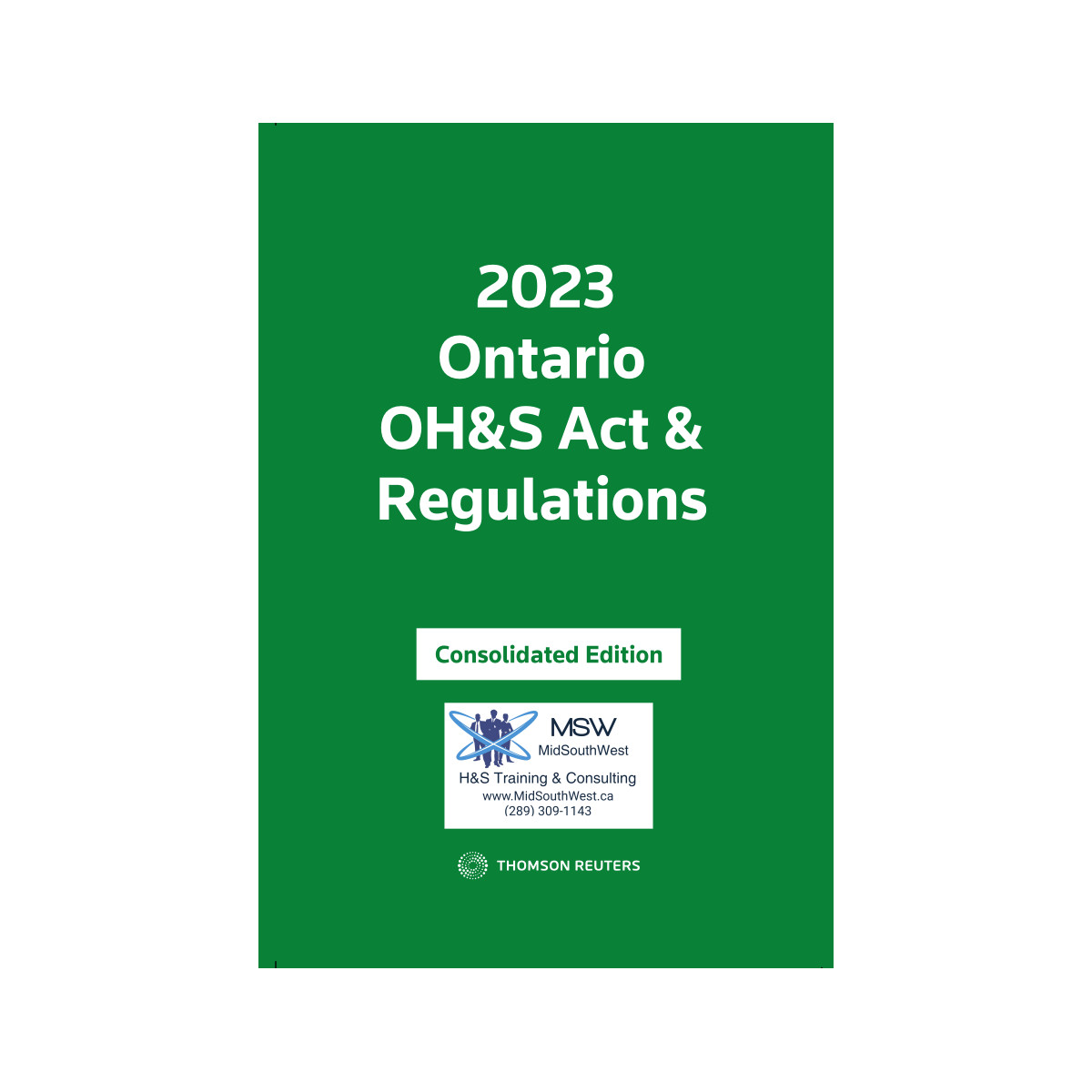What is Competency in the workplace?
|
General competence is important in the workplace. Competence is defined as:
“having adequate or requisite abilities or qualities.” That definition applies to workplace safety in a general sense. Many workers define themselves as competent, meaning they feel able to do their jobs well and meet expectations. And yet, even the most competent workers may not be considered competent as outlined in the Occupational Health and Safety Act (the Act). Consider the following example. A worker who is very good at their job operating a press has been asked to cover a shift in the warehouse and operate a lift truck. Although the worker feels very confident and competent, they cannot operate the lift truck because they are not considered to be competent under the Act. When it comes to equipment operations, competency is key! |
 |
Workers earn certificates of competency through the successful completion of theoretical training and practical equipment evaluations
Competence Under the Act
The Act offers a more detailed definition of competence in Section 1(1):
“Competent person means a person who,
Who Needs to be Competent?
Equipment operators need a certificate of competency for equipment inspection and operation. Certificates of competency are earned through the successful completion of theoretical training and practical equipment evaluations.
“Competent person means a person who,
- Is qualified because of knowledge training and experience to organize the work and its performance,
- Is familiar with this Act and the regulations that apply to the work, and
- Has knowledge of any potential or actual danger to health and safety in the workplace;”
Who Needs to be Competent?
Equipment operators need a certificate of competency for equipment inspection and operation. Certificates of competency are earned through the successful completion of theoretical training and practical equipment evaluations.
What is the Difference Between Theory Training and Practical Evaluation?
|
Theory training covers the knowledge required to operate equipment safely and efficiently. A good theory training course should include:
The purpose of a practical evaluation is to show that you can apply what was learned in the theory portion to actual operations. To pass a practical evaluation, practice is essential. But, how can this be done without a competency certificate? A competent operator may supervise less experienced workers while they practice safe operations. |
 |
How is Competence Determined?
MidSouthWest Training and Consulting offers theoretical training delivered on various platforms, and we conduct practical evaluations at your workplace.
Or, theory training and practical evaluations can be facilitated by your workers at your workplace. Worker trainers must hold a certificate of competency and complete a MidSouthWest Train-the-Trainer program.
Or, theory training and practical evaluations can be facilitated by your workers at your workplace. Worker trainers must hold a certificate of competency and complete a MidSouthWest Train-the-Trainer program.
Trust MidSouthWest Training and Consulting
|
MidSouthWest Training and Consulting offers a variety of theoretical equipment training courses, including:
Safe Operation of a Lift Truck Aerial Work Platforms Safe Operation of Overhead Cranes Bucket Truck Operator’s Training Electric Pallet Truck Safety Mobile Boom Crane Safety Training Skid Steer Safety Telehandler Safety You can trust MidSouthWest Training and Consulting to provide you with cost-effective training solutions tailored to meet your organization’s unique health and safety needs. To ask questions about competency under the Act or to buy a current copy, contact us online or call 289.309.1143. Visit us 24/7 on the web at midsouthwest.ca. |
 |
Last updated March 18, 2021




